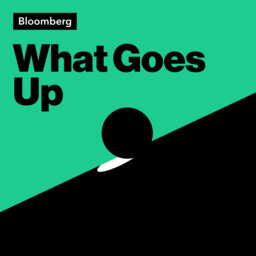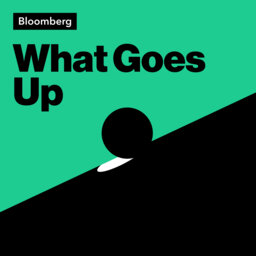Flashbacks to 2008
When Steve Sosnick recalls 2008 and tries to make parallels to the current turmoil in the banking sector, one memory sticks out: riding the elevator with Thomas Peterffy, founder of Interactive Brokers, who offhandedly asked him “what’s new?”
“And I said, ‘what’s really interesting to me is the story that I’m reading this morning about how Bear Stearns may have as much as $20 billion in losses at some of their hedge funds,” recalled Sosnick, who’s currently chief strategist at Interactive. “And he said, ‘what’s their market cap?’ And I said, ‘I think about $20 billion.’”
“‘Are you telling me Bear Stearns is broke?’” Peterffy asked. Sosnick recalls saying, “‘I guess I am, aren’t I?’”
Sosnick joined the What Goes Up podcast to discuss what lessons from the 2008 financial crisis can be applied today. Though the current predicament isn’t similar to that period—banks are in much stronger positions and the economic backdrop is vastly different—it’s important to keep lessons learned in mind, he says.
“They say history doesn’t repeat, but it often rhymes,” Sosnick says. “And I think there’s a certain rhyme to it, but we’re not there yet. And I certainly hope we don’t get there.”
 What Goes Up
What Goes Up


